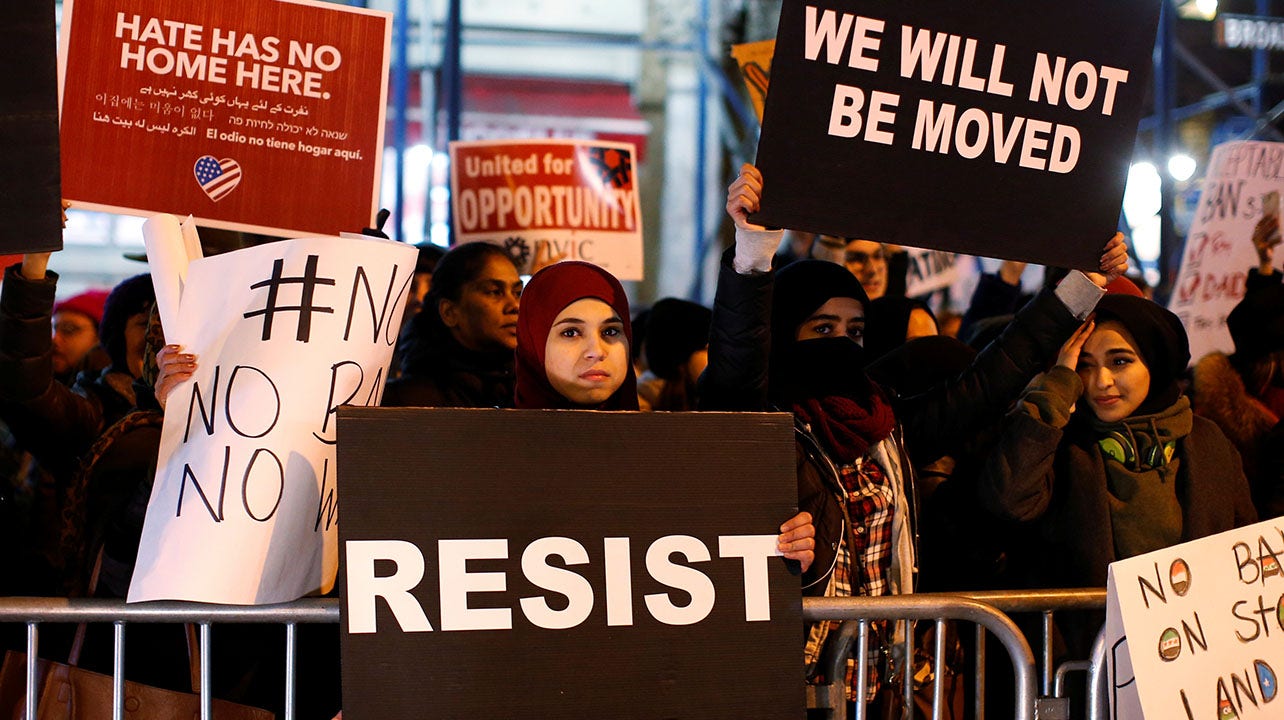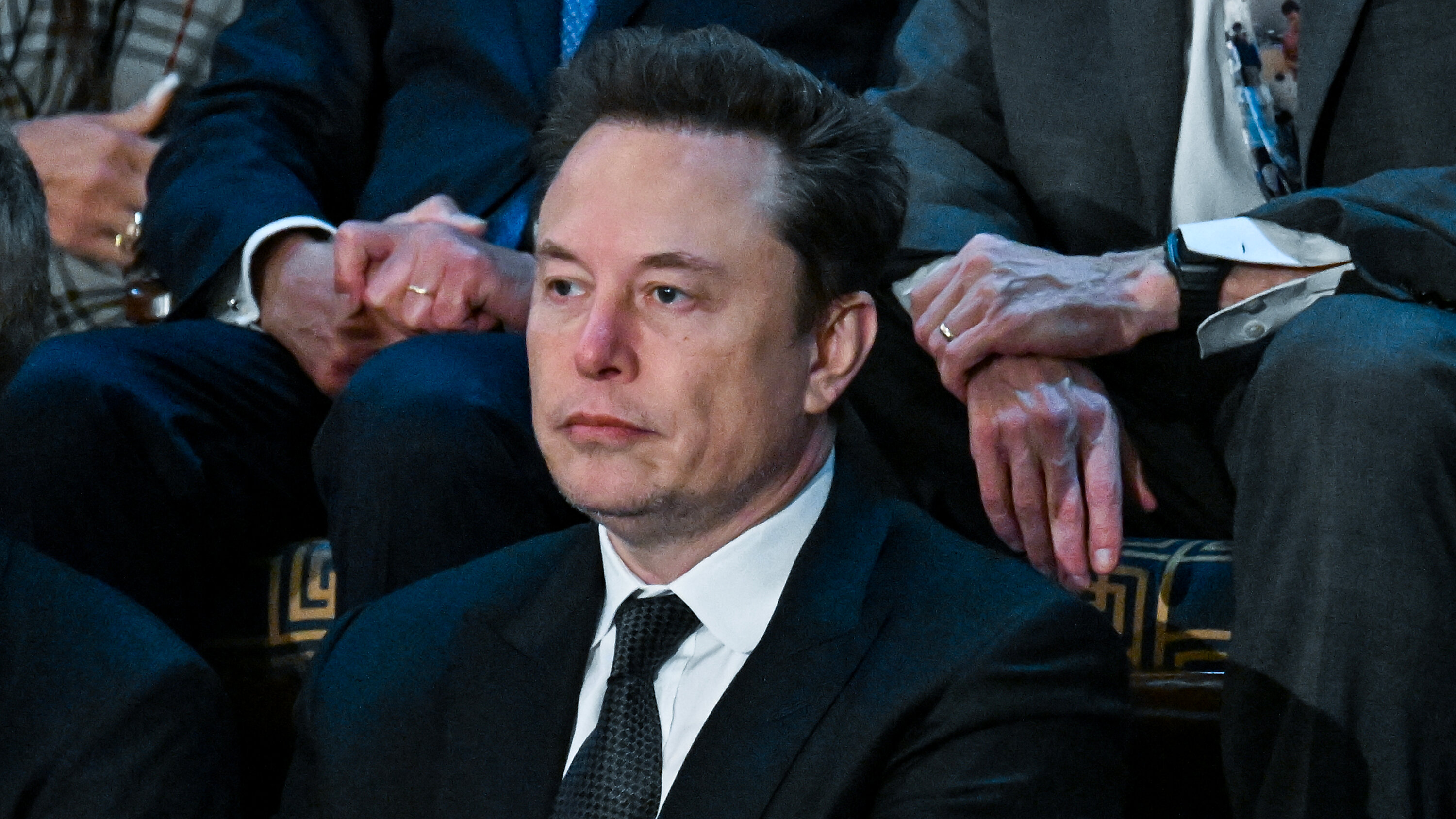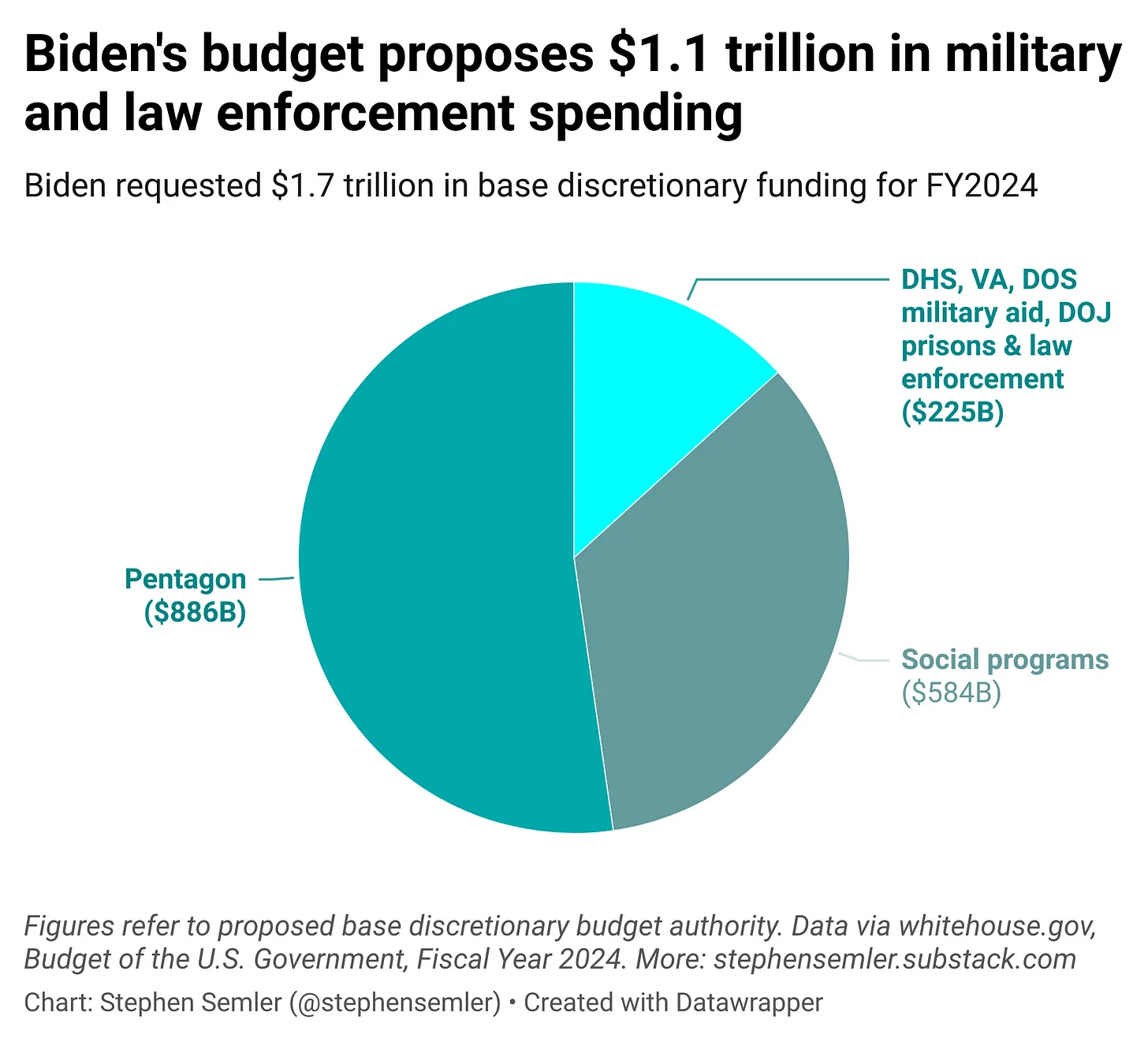Trump's Stance On Additional Russia Sanctions

Table of Contents
Trump's Initial Hesitation and Opposition to Further Sanctions
During his presidential campaign, Trump expressed a desire for improved US-Russia relations, a stance that often translated into reluctance to impose new sanctions against Russia. He frequently criticized existing sanctions, framing them as obstacles to a more cooperative relationship. This contrasted sharply with the prevailing sentiment within both the Republican and Democratic parties, and amongst many US allies, who viewed a strong sanctions regime as essential to deterring further Russian aggression.
- Examples of public statements against additional sanctions: Trump repeatedly questioned the effectiveness of sanctions, publicly stating his belief that they were unproductive and harmful to US interests. He often suggested that warmer relations with Russia could be achieved through diplomacy and cooperation rather than punitive measures.
- Specific bills passed by Congress that Trump resisted or attempted to weaken: Several bills aimed at imposing additional sanctions on Russia passed Congress during Trump’s term. He often expressed reservations about these bills, sometimes signing them with statements indicating his disagreement or suggesting ways to limit their impact. The Countering America's Adversaries Through Sanctions Act (CAATSA) is a prime example of this tension.
- Instances of reported internal disagreements within his administration regarding Russia sanctions: Reports surfaced of significant internal divisions within the Trump administration over the issue of Russia sanctions. Some officials advocated for a tougher stance, while others aligned with Trump's more conciliatory approach, leading to considerable internal debate and, at times, policy paralysis.
Instances of Imposed Sanctions and Underlying Reasons
Despite his initial hesitations, Trump did authorize additional sanctions on Russia on several occasions. However, the context surrounding these decisions is crucial to understanding the complexities of his approach. These instances were often precipitated by specific events or due to immense pressure from Congress.
- Specific examples of sanctions imposed during his presidency and the stated justifications: Sanctions were imposed in response to specific events such as Russian interference in the 2016 election, the poisoning of Sergei Skripal, and Russia's ongoing aggression in Ukraine. The justifications often cited violations of international law and threats to US national security.
- Mention the involvement of Congress (e.g., CAATSA): Congressional pressure played a significant role in the imposition of several sanctions packages. Bipartisan support for stronger measures against Russia often forced Trump's hand, despite his public expressions of reluctance. CAATSA, passed with overwhelming bipartisan support, is a testament to this.
- Link to relevant news articles or official documentation supporting the claims: [Insert links to relevant news articles and official documentation here].
The Impact of Trump's Stance on US Foreign Policy and Relations with Allies
Trump's fluctuating approach to sanctions against Russia had profound consequences for US foreign policy and its relationships with allies. His inconsistent stance undermined the credibility of US commitments and strained relationships with European partners who generally favored a stricter approach towards Russia.
- Discussion of criticisms from within the US government and from international allies: Trump's Russia policy faced widespread criticism both domestically and internationally. Many within the US government and across the Atlantic argued that his reluctance to impose sanctions emboldened Russia and jeopardized crucial alliances.
- Mention any negative effects on diplomatic efforts or international cooperation: The lack of a clear and consistent US policy on Russia made it difficult to coordinate diplomatic efforts with allies on issues of mutual concern, like the ongoing conflict in Ukraine.
- Explain how the inconsistency affected US credibility on the world stage: Trump's wavering approach to Russia sanctions damaged US credibility on the world stage, casting doubt on the reliability of US commitments and alliances.
The Legacy of Trump's Russia Sanctions Policy
The long-term implications of Trump's approach to Russia sanctions are still unfolding. His presidency left behind a complex and somewhat ambiguous legacy, shaping the ongoing debate over the appropriate level of sanctions and the best strategies for engaging with Russia.
- Evaluation of the effectiveness of the sanctions imposed during his term: The effectiveness of the sanctions imposed during Trump's tenure remains a subject of debate. Some argue they were successful in deterring certain Russian actions, while others claim they had limited impact.
- Discuss the ongoing debate and differing perspectives on the appropriate level of sanctions: The debate about the efficacy and appropriate level of sanctions against Russia continues. There’s ongoing discussion on the balance between using sanctions as a tool for influencing Russian behavior and avoiding unintended negative consequences.
- Analyze potential implications for future US foreign policy decisions regarding Russia: Trump's legacy has significant implications for future US policy towards Russia. The debate over whether to maintain a strong sanctions regime, pursue diplomatic engagement, or adopt a different approach remains a central challenge for future administrations.
Conclusion: Understanding Trump's Stance on Additional Russia Sanctions
Trump's position on additional sanctions on Russia was marked by significant inconsistencies and complexities. His wavering approach had a notable impact on US foreign policy, affecting relationships with allies and shaping the international response to Russian actions. Understanding the nuances of Trump's Russia policy is critical for comprehending the current geopolitical landscape and the ongoing debate over the appropriate level of engagement with Russia. To further your understanding, we encourage you to explore additional resources on Trump's Russia policy and the ongoing discussion surrounding additional sanctions on Russia. Research the impact of CAATSA and other legislative efforts to understand the multifaceted dynamics of this crucial foreign policy issue.

Featured Posts
-
 Us Imposes Travel Ban On Foreign Officials For Social Media Crackdowns
May 30, 2025
Us Imposes Travel Ban On Foreign Officials For Social Media Crackdowns
May 30, 2025 -
 How Middle Management Drives Productivity And Employee Satisfaction
May 30, 2025
How Middle Management Drives Productivity And Employee Satisfaction
May 30, 2025 -
 Btss Future Disbandment Rumors Jungkooks Solo Career And The Anticipation For 2025
May 30, 2025
Btss Future Disbandment Rumors Jungkooks Solo Career And The Anticipation For 2025
May 30, 2025 -
 Elon Musks Daughters Modeling Career A Look At The Family Dynamics
May 30, 2025
Elon Musks Daughters Modeling Career A Look At The Family Dynamics
May 30, 2025 -
 Cibc Projects 64 Billion Economic Growth From Carneys Military Spending
May 30, 2025
Cibc Projects 64 Billion Economic Growth From Carneys Military Spending
May 30, 2025
